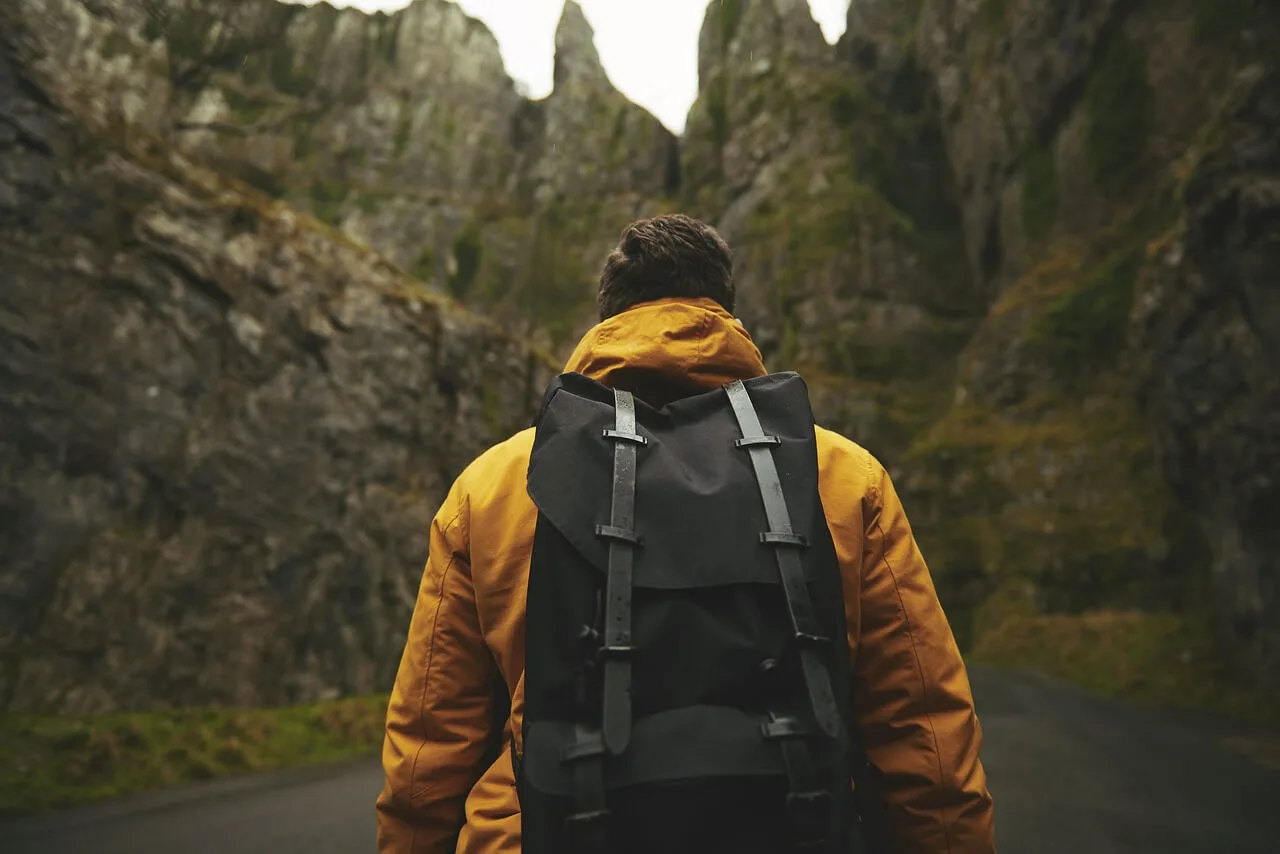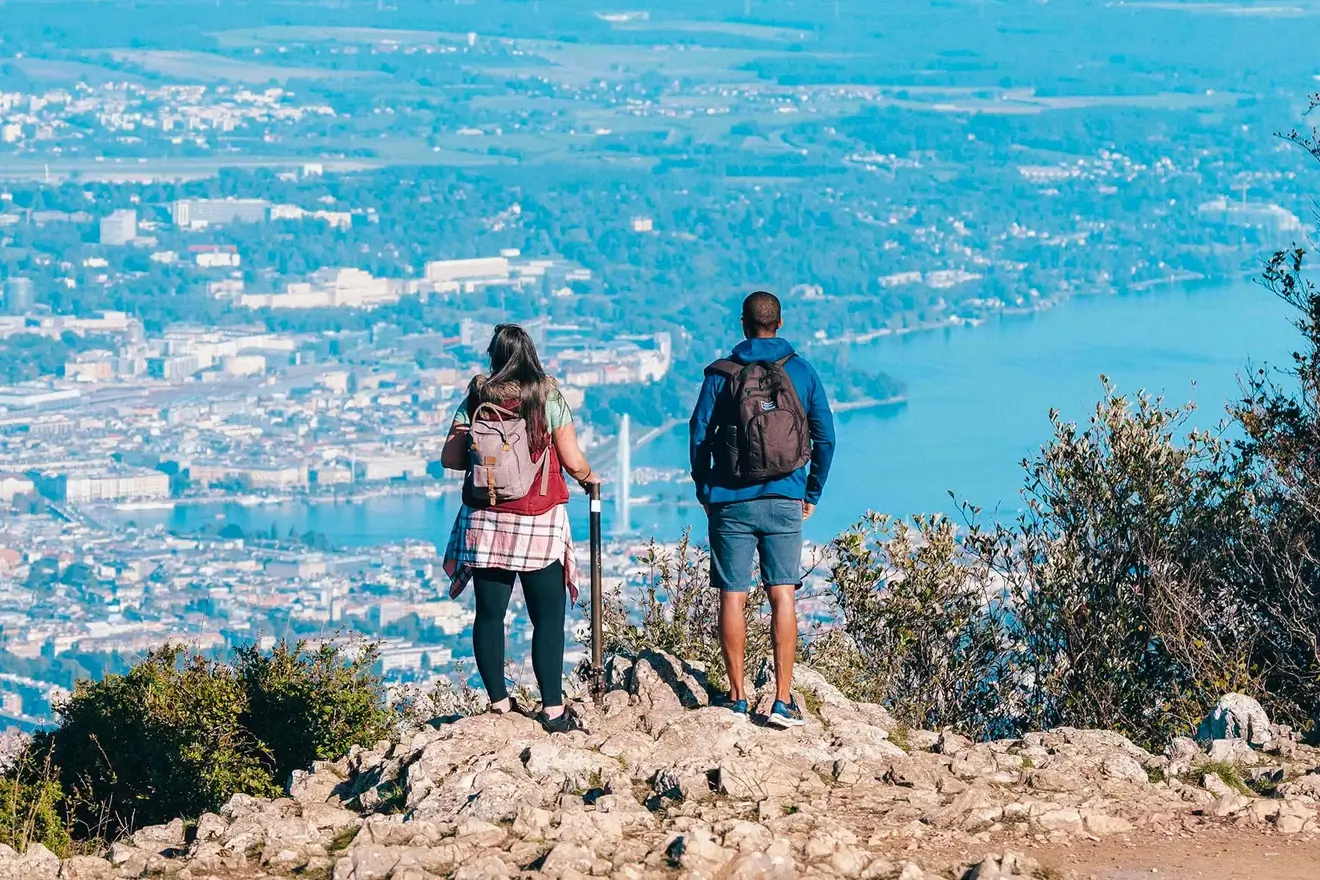Travel and recreation have always been integral to the human experience. From ancient pilgrimages and merchant voyages to modern-day road trips and international vacations, people have sought adventure, relaxation, and discovery beyond their daily routines. Today, travel and recreation represent not only leisure but also essential ways to improve physical health, mental well-being, and cultural awareness.
As the world becomes more interconnected and technology advances, the way we approach travel and recreation continues to evolve. In this article, we’ll explore the benefits, current trends, challenges, and future opportunities in the world of travel and leisure.
1. The Value of Travel in Modern Life
Traveling is more than visiting new places—it’s about expanding horizons and gaining fresh perspectives. Whether it’s exploring a foreign city, relaxing at a beach resort, or hiking through national parks, travel allows people to break free from routine and embrace novelty.
On a personal level, travel builds confidence, enhances problem-solving skills, and fosters appreciation for diversity. From a global perspective, tourism supports cultural exchange, strengthens international relations, and generates trillions in economic value annually.
Recreation, meanwhile, plays an equally vital role. Engaging in hobbies like cycling, kayaking, or skiing during travel enhances both enjoyment and health benefits, turning simple vacations into transformative experiences.
2. Health and Wellness Benefits
Recreation through travel directly contributes to overall well-being. Studies consistently show that time spent in nature reduces stress, lowers blood pressure, and boosts mental health. Activities such as hiking, swimming, or yoga retreats combine fitness with exploration, creating a holistic approach to self-care.
Wellness tourism is booming, with travelers seeking spa getaways, meditation retreats, and nutrition-focused experiences. This shift reflects a growing recognition that vacations are not just for fun but also for healing and rejuvenation.
3. Emerging Trends in Travel and Recreation
The travel and recreation industry is dynamic, constantly shaped by consumer preferences, technology, and global events. Some of the most notable trends include:
-
Adventure Tourism: From mountain climbing to scuba diving, travelers crave adrenaline-filled activities that push their limits.
-
Eco-Tourism: With growing environmental awareness, tourists are seeking eco-friendly accommodations, wildlife conservation tours, and sustainable practices.
-
Slow Travel: Instead of rushing through multiple destinations, travelers prefer spending extended time in one location to immerse themselves in culture and community.
-
Solo Travel: Increasingly popular, especially among millennials and Gen Z, solo journeys empower individuals to travel on their own terms.
-
Technology-Driven Travel: Virtual reality tours, AI-powered travel planning apps, and digital guides enhance both convenience and personalization.
These trends indicate that modern travel is no longer just about sightseeing—it’s about meaningful experiences that align with personal values.
4. Recreation as a Bridge Between Cultures
Recreational activities often provide opportunities for deeper cultural connections. Taking a cooking class in Italy, participating in traditional dances in Africa, or learning martial arts in Asia allows travelers to engage authentically with local communities.
Sports tourism is another growing niche, where fans travel to attend major events like the Olympics, World Cup, or Formula 1 races. These experiences create global communities bonded by shared passions.
Recreation, therefore, is not only a form of entertainment but also a powerful tool for cultural exchange and unity.

5. The Role of Technology in Travel
Technology has revolutionized how we plan, experience, and remember our trips. Online booking platforms allow instant reservations for flights, hotels, and tours. Social media inspires new travel destinations through photos and personal stories. Mobile apps provide real-time navigation, translation, and local recommendations.
Virtual and augmented reality are reshaping pre-travel experiences. Tourists can preview landmarks or museums virtually before deciding to visit. Meanwhile, smart wearables track fitness during recreational activities, enhancing safety and performance.
This digital revolution ensures that travel is more accessible, convenient, and tailored to individual preferences than ever before.
6. Challenges Facing Travel and Recreation
While travel and recreation bring immense joy, the industry faces several challenges:
-
Overtourism: Popular destinations like Venice, Barcelona, and Bali struggle with overcrowding, straining local infrastructure and ecosystems.
-
Environmental Concerns: Air travel contributes to carbon emissions, while mass tourism can damage fragile environments.
-
Rising Costs: Inflation and fluctuating fuel prices make travel less affordable for many people.
-
Health Risks: Post-pandemic concerns have made travelers more cautious about hygiene and safety.
-
Cultural Sensitivity: Travelers must balance exploration with respect for local traditions and communities.
To overcome these challenges, both travelers and businesses must adopt responsible practices and innovative solutions.
7. Sustainable and Responsible Travel
Sustainability has become central to modern travel. Conscious travelers are making deliberate choices to minimize negative impacts and maximize positive ones.
Examples include:
-
Choosing airlines that offset carbon emissions.
-
Supporting accommodations that use renewable energy.
-
Reducing plastic waste during trips.
-
Volunteering in local conservation projects.
Destinations that emphasize eco-tourism not only protect the environment but also create authentic experiences that attract travelers seeking meaningful journeys.
8. The Future of Travel and Recreation
The future of travel promises to be exciting, blending innovation with responsibility. Key developments include:
-
Personalized Journeys: AI and big data will allow fully customized itineraries, catering to unique preferences.
-
Smart Cities and Destinations: Technology-driven infrastructure will enhance efficiency and traveler experiences.
-
Space Tourism: Companies like SpaceX and Blue Origin are opening the door to recreational space travel, once thought impossible.
-
Regenerative Tourism: Going beyond sustainability, this concept encourages travelers to leave destinations better than they found them.
The future will emphasize quality experiences over quantity, focusing on deeper, more responsible ways of connecting with the world.
9. Tips for Enriching Travel and Recreation
For travelers looking to make the most of their journeys:
-
Plan, but stay flexible – Leave room for spontaneity.
-
Embrace local culture – Learn a few phrases in the native language, try local food, and respect traditions.
-
Prioritize health – Stay hydrated, pack essential medicines, and ensure adequate rest.
-
Choose experiences over things – Memories from activities often outlast material souvenirs.
-
Travel responsibly – Support local businesses and reduce your environmental footprint.
These simple practices transform a good trip into a life-enriching adventure.

Conclusion
Travel and recreation are essential elements of human life, offering joy, health benefits, cultural exchange, and economic growth. While the industry faces challenges such as overtourism and environmental concerns, opportunities for innovation and responsible exploration continue to grow.
The future of travel lies in sustainability, personalization, and meaningful experiences. As travelers, embracing recreation not only enriches our own lives but also supports communities and protects the planet. In the end, travel is more than reaching a destination—it’s about the journey, the connections we make, and the stories we bring back home.


Leave a Reply